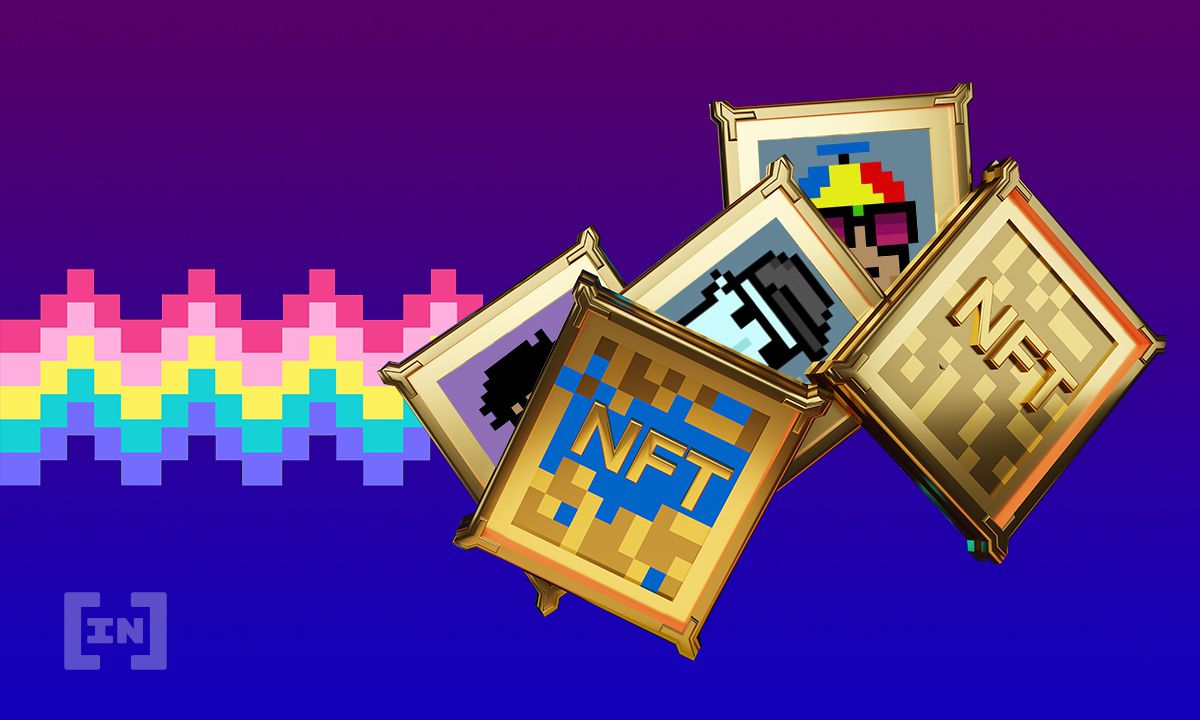
The non-fungible token (NFT) ecosystem has seen an immense rise in value, thanks to the uniqueness of the pieces. But according to Vitalik Buterin who is one of the co-founders of Ethereum, the transferability of the tokens should be removed in some cases to make the Web 3.0 space, less “money-oriented.”
Buterin recently published a blog post comparing the online game “World of Warcraft” with how NFTs work today. According to him, one of the best things about the game is “the concept of soul bound objects”, which does not allow the transfer of ownership from one player to another and makes the game more “challenging and interesting”.
Could NFTs be completely non-fungible?
Ethereum co-founder pointed to the latest Twitter NFT feature that allows users to show off their expensive pieces of art as their profile pictures.
“But what exactly do these NFTs signal?” He wrote: “Certainly part of the answer is some kind of skill to acquire NFTs and know which NFTs to acquire. But because NFTs are tradable items, another big part of the answer inevitably becomes that NFTs are about signaling wealth.
He suggested the proof of attendance protocol (POAP) which shows the events that a user personally attended, since other NFTs just show off their price tags. Furthermore, Buterin shared his personal POAP profile showing all the small and major events he attended since 2015.
Which tokens should be “soulbound”?
According to Buterin, governance tokens must be soul-bound and their transferability could cause huge problems. He noted two important points:
- The rich can easily buy voting rights from someone, even if the goal is to widely distribute the power.
- This applies equally to incompetents, if there is competition for more power.
“If you take the proverb that “those who most want to rule people are those least suited to do it” seriously, then you should be suspicious of transferability,” he noted. “Precisely because transferability makes governance power away from the meek who are most likely to provide valuable input to governance and toward the power-hungry who are most likely to cause problems.”
Buterin wrote that portability primarily shows the monetary orientation of Web 3.0 and how that might affect the long-term sustainability of the next generation of the Internet. While there are good use cases for buying and selling NFTs such as “funding artists and charities”, the downsides should also be considered.
Applying soulbound-ness to NFTs would require a lot of effort and technical knowledge from the start, but it could “open a much wider door to blockchains being at the center of ecosystems that are collaborative and fun, and not just about money.”


















